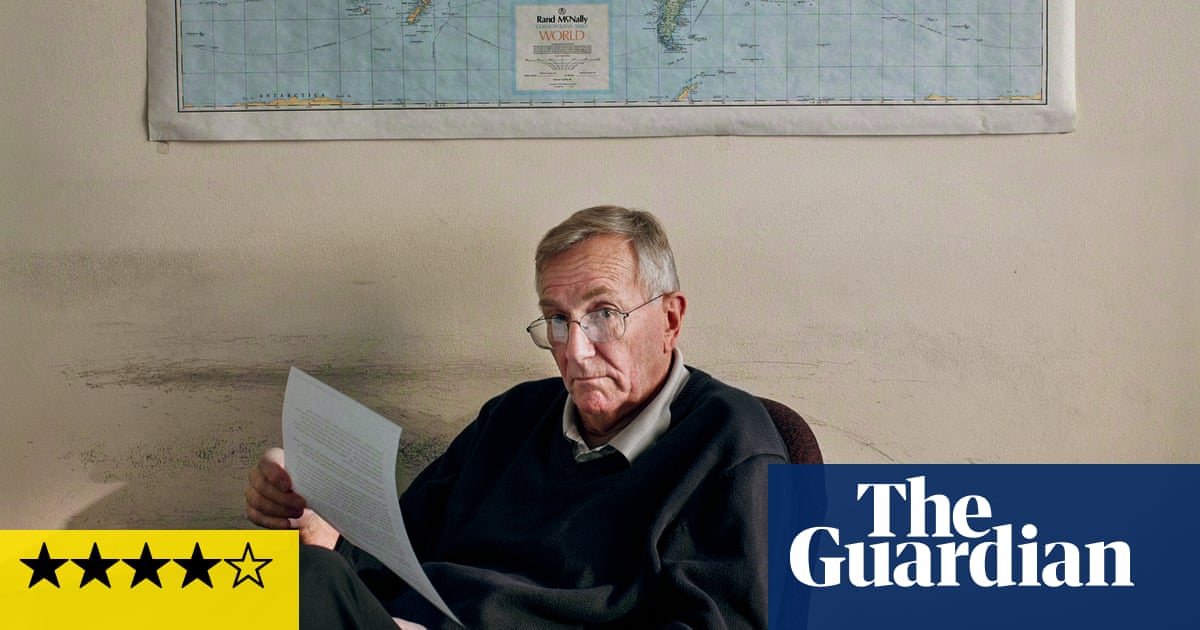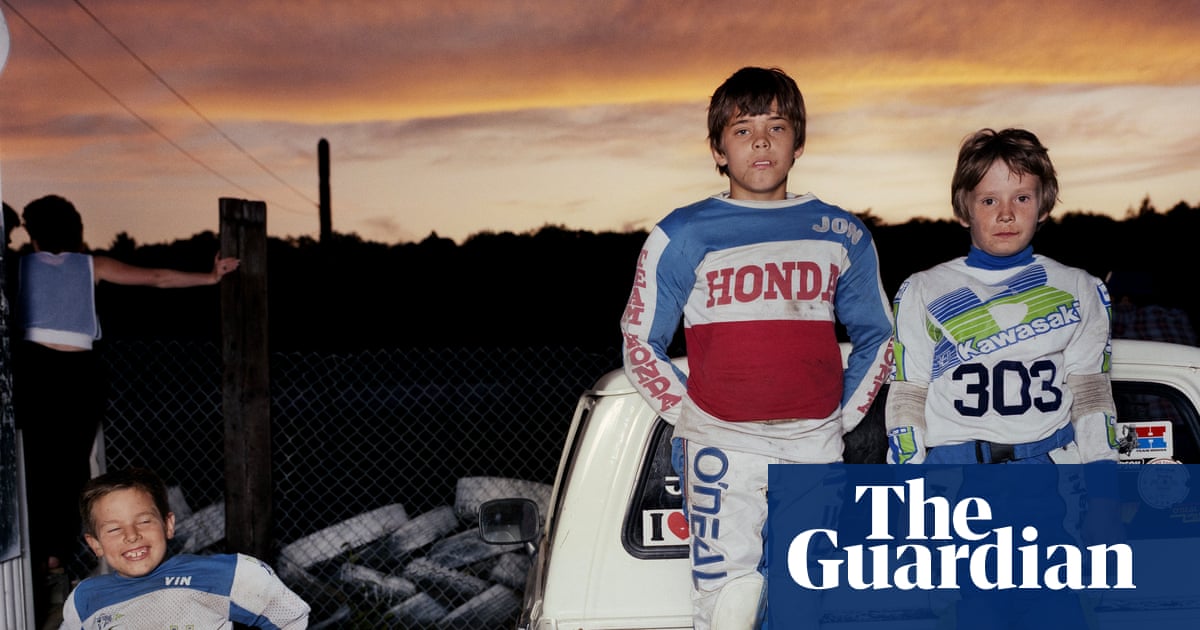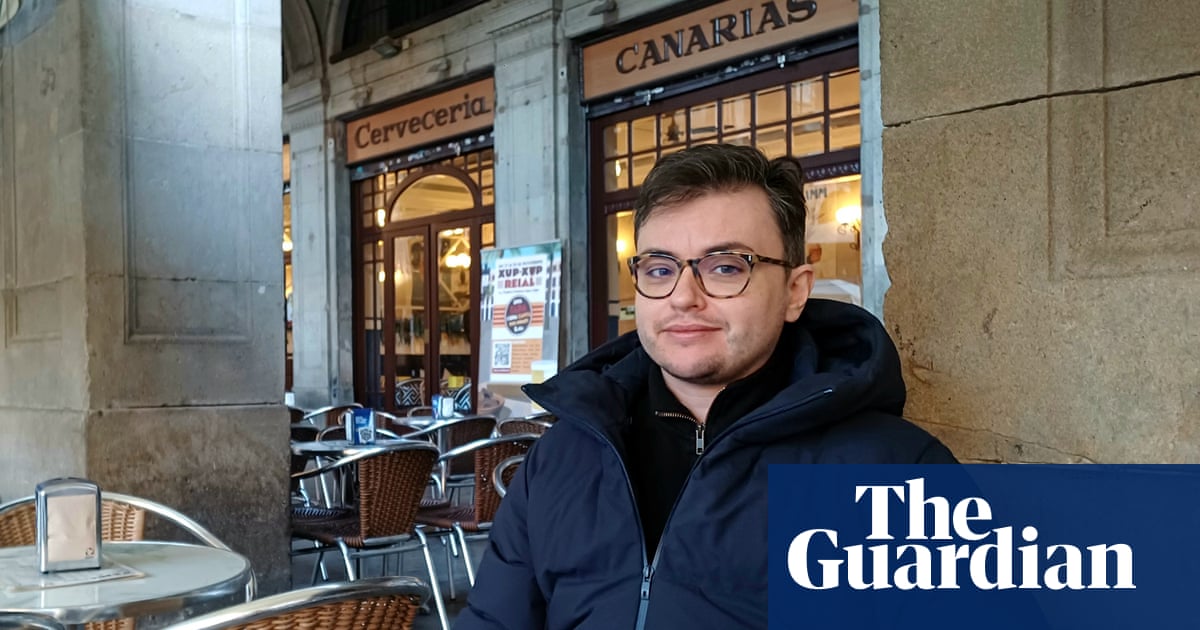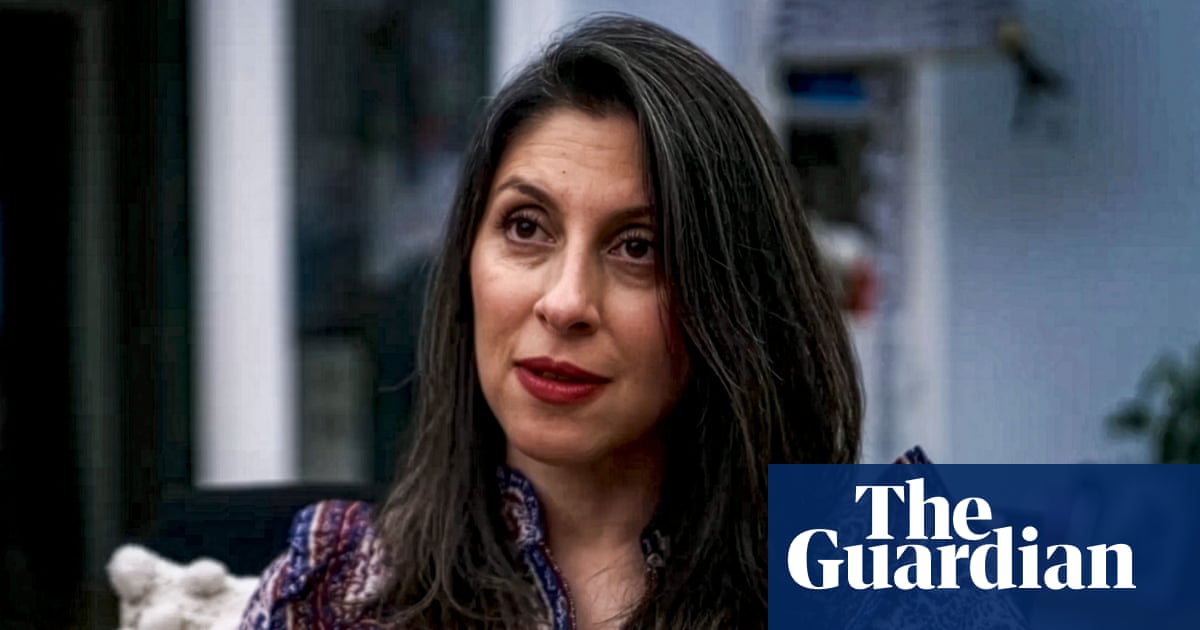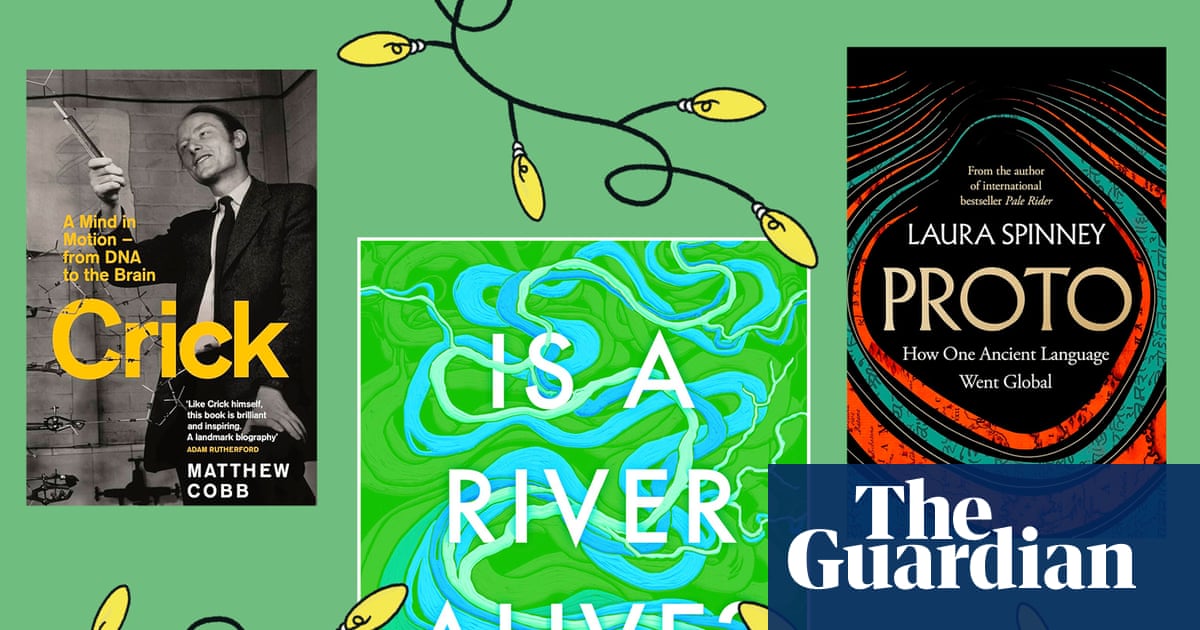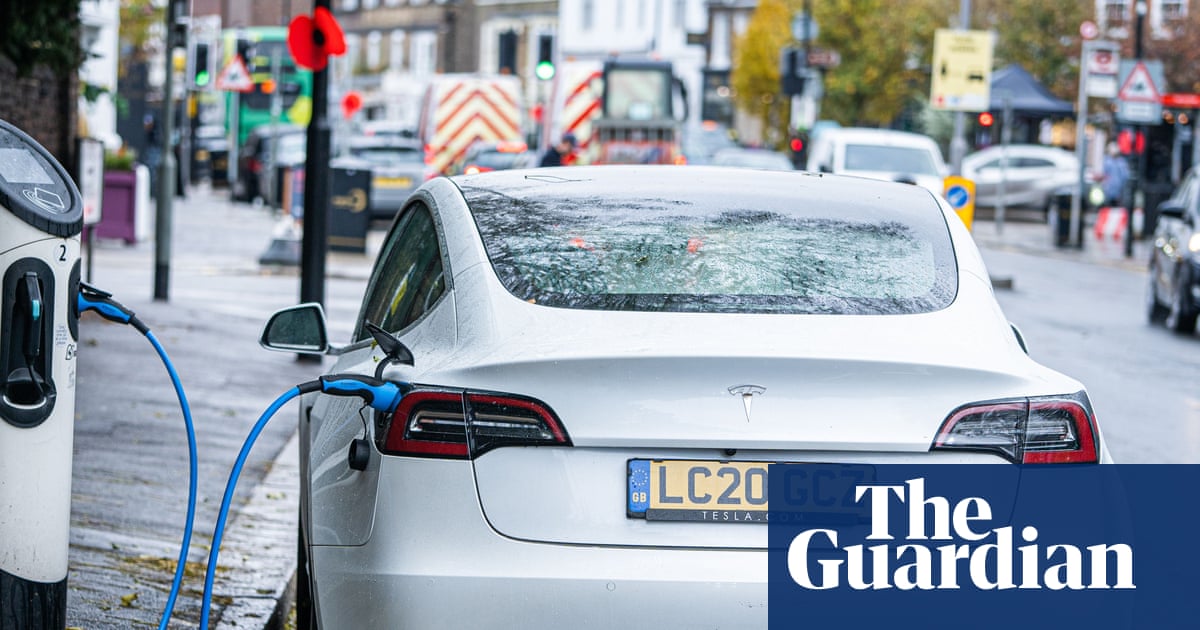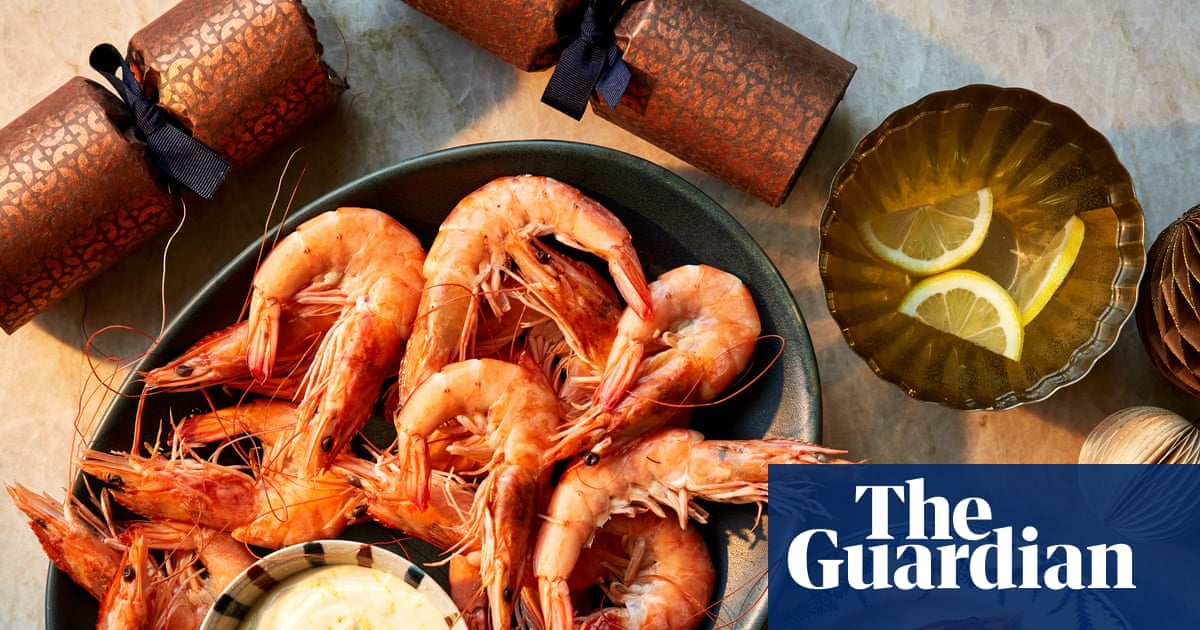I’ve never met a billionaire before. And this isn’t how I imagined it would go. Don’t get me wrong: his brightly lit Manhattan office is pleasant, but not unusual. The pipes are scalding hot. As his assistant leads me through to the meeting room, I’m fairly sure I can spot discarded paper plates from pizza slices poking out of the kitchen bin. In other words, it is similar to most of the city’s workplaces.
I’m here to meet Jim McKelvey, somebody Forbes will tell you has roughly £1.3bn to his name from co-founding the payment app Square. Jim is straight off a flight from Tokyo, I’m told. He enters the room and shakes my hand politely, but soon seems agitated. I’m not sure whether it’s his lack of sleep or if this is just how people who make more money during power naps than you earn annually deal with potentially having their time wasted. In other words, I’m going to have to ease my way in gently.
“So, I Googled you on my way in,” I say, “and it turns out you’re a billionaire.” He agrees. “I worked it out,” I continue, “and it seems like £1m to you is the equivalent of £20 to me. So please can I have a million pounds?”
It is over quite abruptly. Pretty much everything has been going this way for over a month, since I started this project to become a millionaire in 90 days. Today, money seems to be all people have room to care about. This makes sense: a huge number can no longer afford most things that provide stability or meaning. Simultaneously, if you look at anybody’s tailored social media algorithms, they’re being served a cultural diet of entrepreneurial slop. Business gurus in brightly lit rooms talk earnestly about meditation. Teenagers give crash courses in how to make it big in cryptocurrency. The rock stars of today seem to be founders, venture capitalists and money men.
I cannot help but find this depressing. I didn’t grow up with money and have become accustomed to the idea of a life where it will be transient. However, as my savings dwindle, I find myself wondering if it has to be this way. Could there be something in society’s shift towards hustle and grift? Perhaps this could be my opportunity to make that elusive secure living. But I think there has to be some sort of pressure involved – which is why I have challenged myself to become a millionaire in 90 days.
So I pitch the idea to Channel 4, keen to film my bid to bag £1m, even though I really haven’t thought things through. They seem sceptical but, before the mood sours, we make a deal.
I lose my first few days to TikTok, observing the best minds of my generation – Steven Bartlett, host of The Diary of a CEO podcast, and Luke Belmar, a digital creator and investor in crypto – discuss things like whether humans actually need sleep or how the Bible tells us not to eat crisps. The consensus seems to be that I need a business. I come up with one based on my past, doing stunts like creating London’s premier fake restaurant in a garden shed.
As a model, I will use the artist Banksy and the Brooklyn-based art collective/business agency MSCHF, who both manufacture headline-grabbing moments to sell expensive products and inflate the value of their brand. MSCHF sold 666 pairs of shoes in a collaboration with the rapper Lil Nas X, each containing a drop of blood, for $1,018 each. I would do similar to launch my new company, Drops. The plan is, after 90 days, to have made enough noise to sell the company for a million. But first, to fund my publicity stunts, I need investment.
Even before Swoop Funding sees me out of its office in London’s Regent Street, I know they aren’t the ones for me. They want to see a business plan, disconcerted by the fact that Drops barely exists. Such old-world thinking! I need somewhere that embraces risk.
Thank God for New York. On day 15 of my challenge, I arrive and immediately think: “This is going to be easy.” Ping-ponging from party to party, I realise everybody is a millionaire here. “You want to make a million?” I am asked. “Why not a billion?” Yes, why not?
Iqram Magdon-Ismail is introduced to me as the co-founder of one of the US’s largest payment apps, Venmo. A company he’d sold in 2012 was valued at $38bn (£28bn) in 2020. A day or two later, I stop by his office and he explains his latest business venture, Jelly-My-Jelly, an app that seems to completely change every time we meet. He has forgotten the details of my challenge but, hearing it now, his eyes light up – he wants in.
Iqram stands up, explaining how this is going to be big. He declares himself my co-founder and announces that our company is already worth $10m. In a year’s time, people will fill Madison Square Garden to hear how this business came together.
A week later, I pitch my planned publicity stunts over coffee. “I want to create and sell a luxury piece of luggage that looks like a bomb.” Iqram stares blankly. I continue: “Let’s create the first legal child sweatshop in over a century!” Soon, Iqram makes it clear that positioning himself as co-founder was not legally binding. In the subsequent days, whenever I try to contact him, I am unsuccessful. Iqram doesn’t answer a text from me for a while. I am getting desperate, which means crossing one of my red lines: getting into crypto.
Joining me on Zoom from inside a hyperbaric chamber, an oxygen-boosting device with contested health benefits used by many Silicon Valley loyalists, is Gunnar Lovelace. He is the founder of a crypto company named UNFK that aims to create, hype and inflate the value of its own meme coin. He wants viral ideas. I have always avoided crypto due to feeling uncomfortable about the ethics. Iqram even floated the idea of us doing a coin together, but I resisted.
However, I am now running out of options. I agree to four or five viral stunts with Gunnar. Over the coming weeks, I film something about trying to trick bankers into committing crimes. I make people taste plastic burgers outside a McDonald’s to make a hazy point about chemicals in the food packaging of a Filet-O-Fish, and another poking again at Amazon like in my last film for Channel 4. I end up making $18,000, which is a lot less than I’d hoped for.
I am now dangerously low on time. I commit to launching my headline-baiting Drops idea where unpaid kids design a £100 football shirt emblazoned with their own faux-religious cigarette brand, Holy Smokes. GQ write about the release, while influencers find it puzzling. When it comes out, we manage to sell £10,000 of shirts. It’s not enough. Drops is dead. I am forced to pivot.
Inspired by how a lot of online entrepreneurs say they make millions through selling courses, I write a three-hour educational class about generating ideas that can make you rich and have a platform built to sell it. The trailer for my class gets 2 million viewers. Only 0.5% of these people have to buy a course for £100 and I’ll be a millionaire. I am going to be rich!
In the 24 hours after launching the course, I sell one.
There is just over a week left. Things go from bad to worse. It turns out that Jelly-My-Jelly is no longer a podcast app or a TikTok competitor, but a meme coin. The same meme coin he tried to get me involved with is now the No 1 trending coin on popular crypto site Solana, with a $250m market cap. One trader bought $8,000 worth and in three hours made $2.4m.
In spite of that, I hear from Iqram and he has an idea: I should auction off 10% of myself for £1m. This sounds frightening, but it could be the deal that gets me a million. Word of the proposal reaches Kavita Gupta, founder of crypto hedge fund Delta Blockchain. She seems genuinely interested. I leave New York and go to meet her in Miami and, in her snow-white apartment, we talk business. I pitch all the businesses I’ve created during the 90-day period, but claim them as wins. My Ethical Sweatshop fashion brand? A smashing success. My educational class? A stroke of genius! This actually works. Kavita wants to talk terms. She will own 10% of all my earnings and assets for the rest of my life. But she wants me to run all life decisions by her. In the next 12 months, I will create a crypto meme coin with her named OobahCoin.
For the second time in 90 days, I am signing a contract without fully digesting it. Staring out at the Atlantic from Kavita’s balcony, I wonder if the tears filling my eyes are from the ocean air or exhaustion. I reach the end of my 90-day period, but truly this is just the beginning. Kavita and I make a deal that will make me a millionaire. Does it matter that this deal may encourage more desperate people to make bets on a cryptocurrency based on my word? Can I disregard any ethical red lines and become like the people who seemed so alien to me 90 days ago? Can I become a money-man? Perhaps I should head into a Wall Street bank and turn Kavita’s offer into even more money …

.png) 1 month ago
45
1 month ago
45










